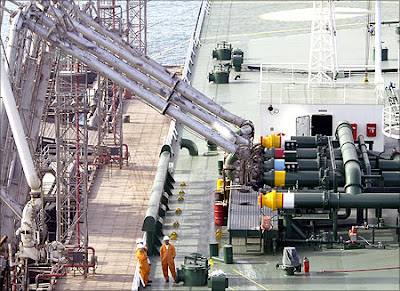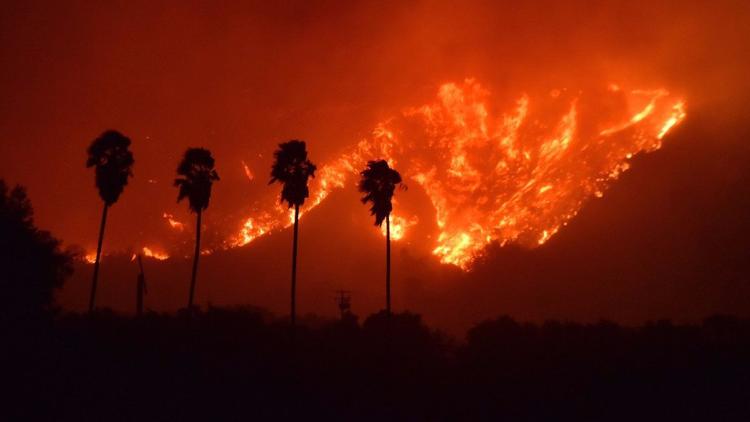Money and Oil is Not Enough to Keep US Interested: Kuwait’s Location Problem
Kuwait is an anomaly. It is a little
patch of calm and prosperity in an otherwise chaotic region – the Middle East.
Currently, the nation’s living standards are among the highest on earth, the
oil industry is professional, and there is a noticeable lack of conflict. So,
where does this little powerhouse go from here?
The global energy market is changing by
the day. Asian countries are largely dependent on oil and gas from the Middle
East rather than the United States. And there is a lot of oil. The price may
fluctuate due to conflicts between oil producing nations, but there is no fear
of a shortage.
The cost of renewable energy is falling
and the full potential of battery technology remains unknown. It is clear that
the economics of energy supply and demand is going to change. It is equally
apparent that climate change is happening and that it is a serious danger.
Kuwait hit a staggering 54 degrees Celsius back in 2016.
So, what is Kuwait position in all of
this? Kuwait is well aware of the risks and is continuing to take advantage of
its stable government and cheap oil. The country has also been building up an
impressive portfolio of foreign investment over the past several years.
Kuwait’s oil will carry on being
competitive so long as oil is in demand. Even if demand peaks soon, as there
are rumours of it doing, Kuwait should still be safe as its supplies are easier
to access than many of its competitors. While there have been some attempts to
diversify the nation’s wealth, it remains clear that Kuwait understands its
strength is in oil.
Thus, Kuwait plans to raise its
production capacity. This increase will take it from three millions barrels per
day to around 4.75 million per day by 2040. If the country’s actual production
rises in line with this capacity, Kuwait will climb to the top of the ladder as
one of the largest oil producers and exporters in the world.
Kuwait seems to have its future paved
with gold, right? Well, not quite. The issue of its location remains an
inescapable problem. Kuwait is in a dangerous region and the temptation of
hundreds of billions of barrels of oil is very precarious.
Already, Kuwait’s association with the
west and its US bases have caused anger among terror
groups, including Al-Qaeda. Right now, these groups are too busy killing each
other to focus their attention on Kuwait. But, if they do it will be
disastrous. Kuwait does not have the resources to defend itself against an aggressive
and powerful adversary.
This has caused interest from the
United States to wane as the country – both government and public – have made
it clear they do not want to fight any more wars in the Middle East. Europe
seems more engaged in the matter but is very unlikely to form a coalition with
the US to defend Kuwait, as it did when it invaded Iraq.
The only thing Kuwait has to offer to
secure protection is oil. Hopefully, its increase in output will draw in
international companies. Of course, there is no guarantee of security, but
attackers may be deterred by the thought of taking on giants, such as
PetroChina, ExxonMobil and Rosneft.
Kuwait is smart enough to deal with the
ever-changing energy market. It can even handle fluctuating oil prices. But,
what it cannot change is its location and it is this that could prove fatal.




Comments
Post a Comment